The traditional Gloucestershire cider producers keeping a great Cotswolds tradition alive
Cider will be forever associated with the Cotswolds thanks to Rosie. Jane Wheatley meets the makers keeping the tradition alive; photographs by Mark Williamson.
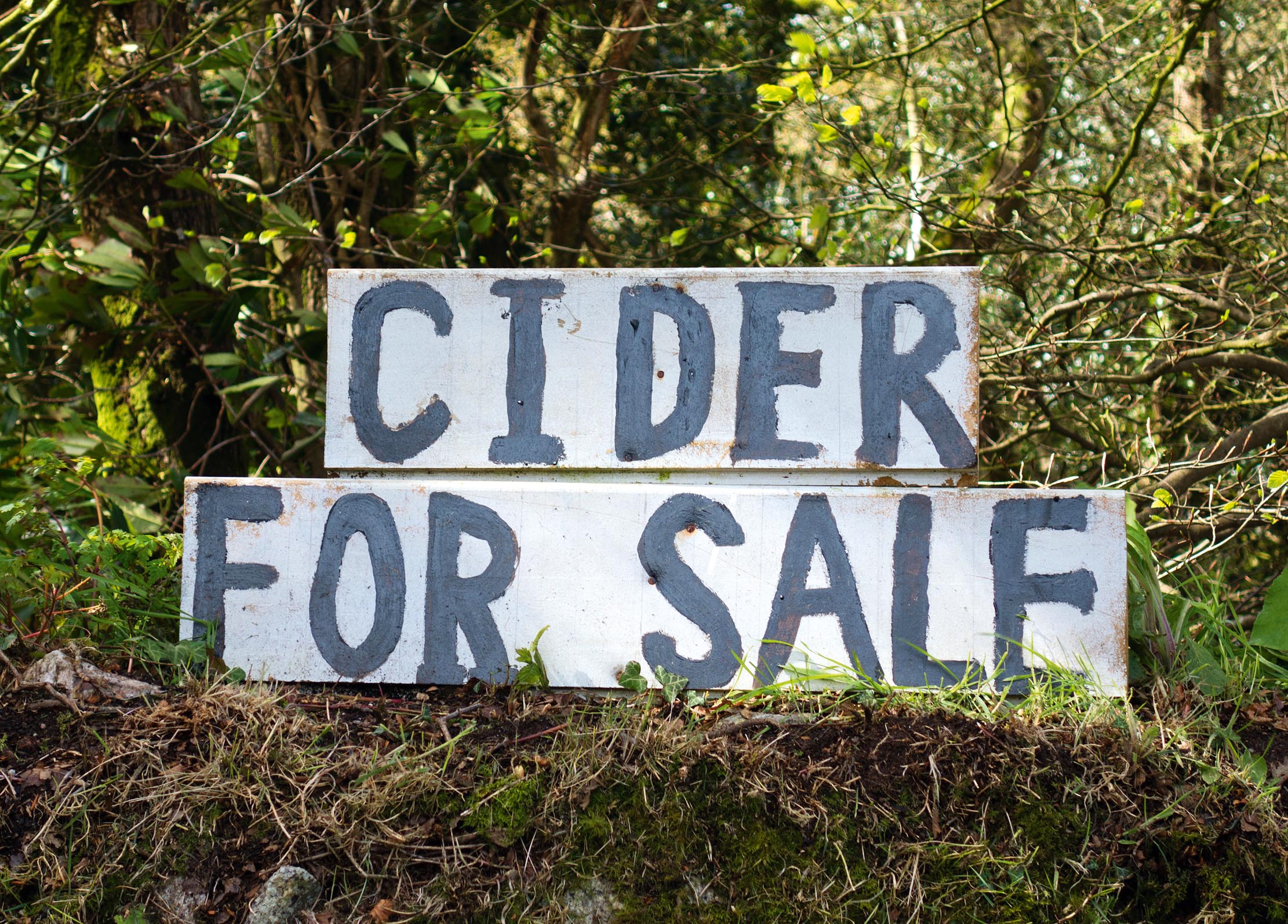

According to the enchanting 2020 book Orchard: A Year in England’s Eden, apples originated in the Tian Shan mountains of Kazakhstan. Their seeds were disseminated by hungry brown bears and, later, by horses travelling the Silk Road into Europe, where they cross-pollinated with the native crab apple. Eventually, the Normans brought the seeds to Britain.
By the 1880s, a necklace of orchards was strung across the Cotswolds from Sharpness to Evesham, producing apples with distinctively local names: Arlingham Schoolboys, Longney Russet and Hagloe Crab. Farm labourers were each supplied with a gallon of cider as they arrived in the morning — the best workers went where the best cider was. In the 1950s, orchards covered 15,000 acres of Gloucestershire.
This has now reduced to 3,000 acres, but there are signs of a revival: Gloucestershire Orchard Trust and Day’s Cottage cidery have created a seven-acre museum orchard to preserve the county’s 180 known varieties, farmers and landowners are replanting trees and there are new entrants to cider making.
Bushel+Peck: In search of the disregarded apple
An apple tree is a lovely thing to have in a garden: the pink and white blossom so pretty in spring, then the fruit, rosy red, russet or sharp green in the late-summer sunshine. Yet there are only so many apple crumbles or jars of chutney one can make and, by autumn, the fallers are on the ground, decaying quietly, which can be a bit sad and guilt-making.
Enter David Lindgren, knight errant in search of the disregarded apple. Each year, he collects the fruit from gardens and domestic orchards in the villages around his Northleach home and makes cider with it. A fugitive from the corporate world — he was a marketing executive for a soft-drink company — Mr Lindgren started his enterprise, Bushel+Peck, in the spring of 2015. ‘I followed the blossom, then put a little card through the letterbox of each house,’ he remembers. ‘Six or seven out of every 10 people responded. Nothing I ever did in my marketing career was as successful as posting cards through letterboxes.’ Six years on, he is sourcing fruit from about 80 different gardens. ‘The owners get free juice and cider — if they pick and deliver the fruit themselves, then they get more,’ he reveals.
Mr Lindgren blends both cider apples and sweet and produces a small range of single-variety ciders, including one he calls The Colonel. ‘It’s made from Ashmead’s Kernel, Gloucestershire’s best apple,’ he says. ‘It is a russet, but the side that faces the sun turns glorious shades of red and gold. I use Cham- pagne bottles for natural carbonation — the last bit of fermentation happens in the bottle and, when you open the top, it fizzes a little.’
Has the change from boardroom to cider barn been as much fun as he hoped? He gives a wry smile: ‘Yes, although not so much profit! But I get to see beautiful gardens and meet some lovely people. I do orchard planting for farmers and landowners, which is lucrative, and as a volunteer for the Gloucestershire Orchard Trust. Knowing that I’m making a small contribution to apple growing in the county pleases me a lot.’ Bushel+Peck — www.bushelpeck.co.uk
Sign up for the Country Life Newsletter
Exquisite houses, the beauty of Nature, and how to get the most from your life, straight to your inbox.
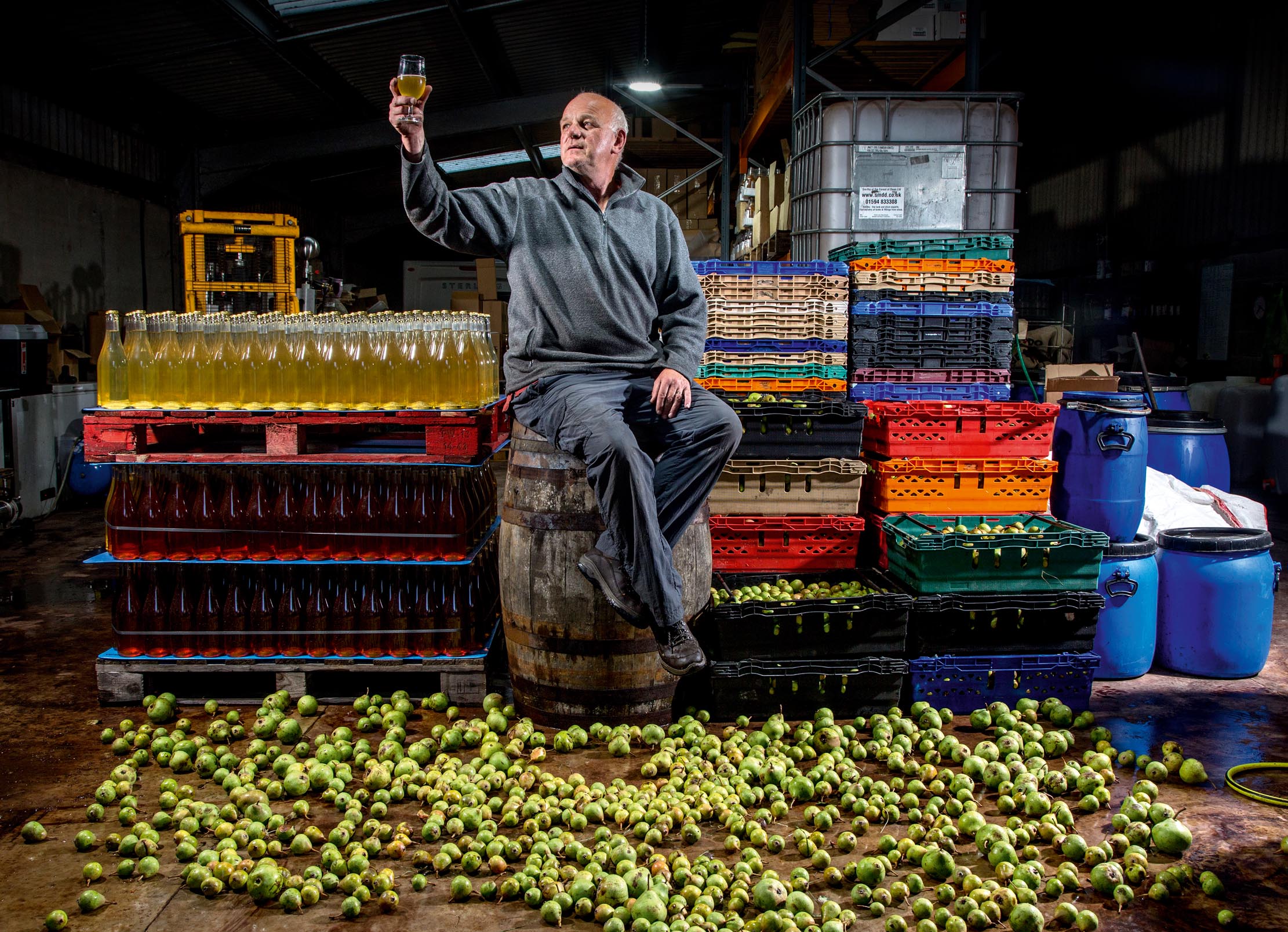
Day’s Cottage : A virtuous circle
At Day’s Cottage, cider-makers David Kaspar and Helen Brent-Smith operate what you might call a virtuous circle of apple husbandry. Just over half a mile of hedging around the 20-acre property gives shelter to the birds that feed on orchard predators, such as codling moth (no pesticides needed here); dead trees are left as habitat for fauna — jackdaws are raising a family in a fallen log; and the orchards are home to little owls, nightingales, woodpeckers and several species of bat. Pear and plum trees, hawthorn, wild honeysuckle and clumps of thistle and bramble ensure a long succession of blossom to feed pollinators.
Fruit is handpicked from ladders, graded and fed through a rack and cloth press. The pomace left after processing is sent to a neighbouring farmer to feed his Gloucester cattle and Old Spot pigs.
The produce is sold at a weekly market in Stroud, a 12-minute drive away. Does it make a living for them? ‘Yes!’ exclaims Mrs Brent-Smith. ‘We are still pinching ourselves.’ As well as cider-making, they grow and sell young trees and run classes in orchard management.
The pair moved here to Mrs Brent-Smith’s family farm from London 30 years ago, building on the legacy of her great-aunt Lucy, who planted the original trees in 1912. ‘We learnt from the old boys and we’re still learning, it takes a lifetime,’ she admits. ‘The wild yeast on the apples makes strong cider (7.5%) and the blends are different each year, depending on how much sun the fruit has had and what apples ripen at the same time. It’s more of an art than a science.’
Day’s Cottage is only a few miles from Slad, home of Cider with Rosie author Laurie Lee, and Mr Kaspar tells me they produced a cider to mark the 2014 centenary of his birth. ‘We made 100 gallons with 100 varieties, including apples from his original orchard, and called it Rosie’s Kiss.’ Day’s Cottage, Brookthorpe, Gloucestershire — www.dayscottage.co.uk
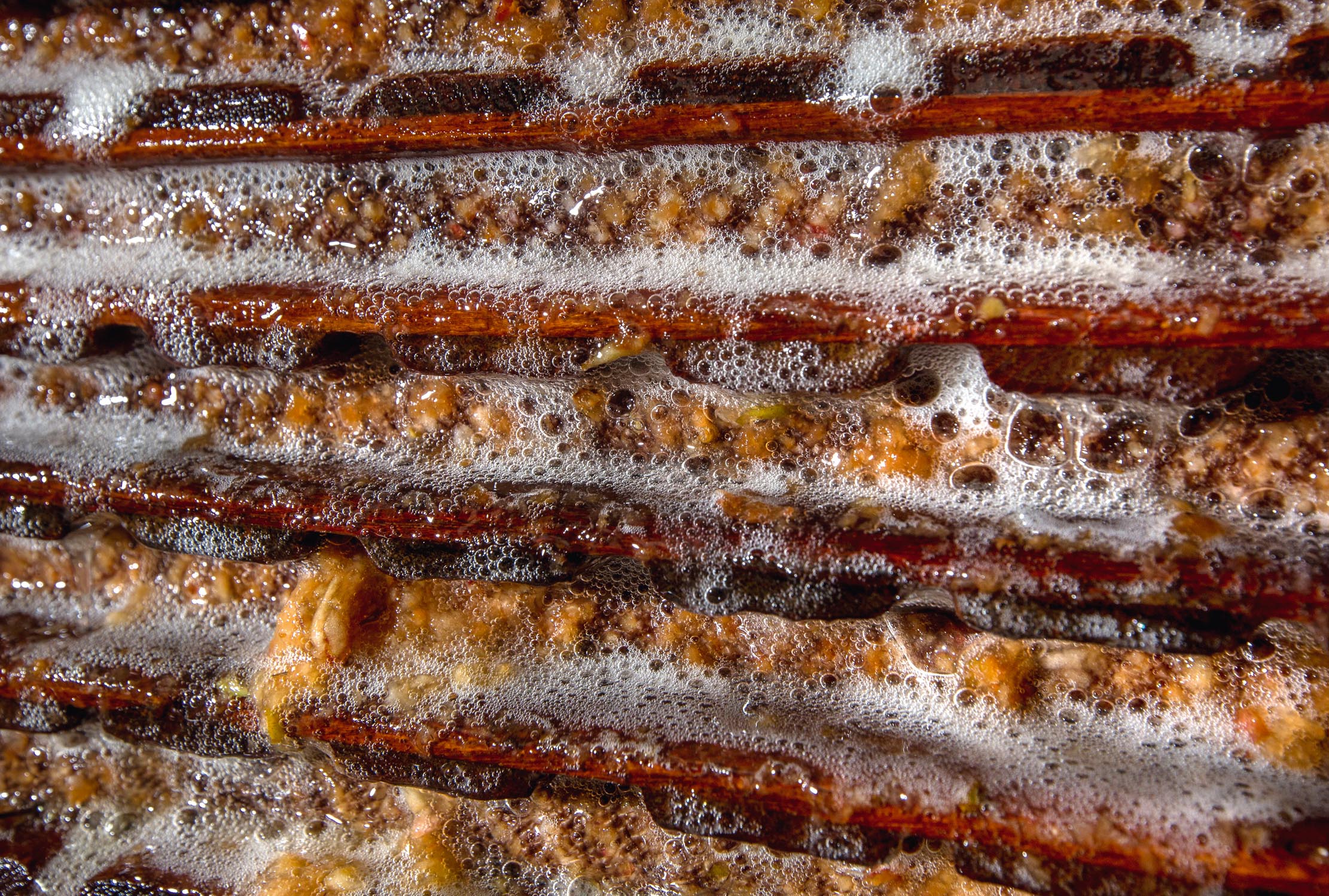
Dunkertons Organic : Blending is a serious business
Swing off the A40 east out of Cheltenham into the expanse of Dunkerton’s Cider Barn and you are in sybaritic foodie territory. A coffee cart at the entrance dispenses a good flat white; on a sunny Sunday morning, young families sit at trestle tables eating brunch as Taylor Swift croons from high-end speakers. There is a DJ station, a dance floor and a long bar; next door, the shop is stacked high with displays of bottles, each with its distinctive livery; there are top-class farmhouse cheeses — cider and cheese pairings are a feature — and baguettes from a local baker that taste of France.
Behind all this is the business end of cider-making: a lofty hangar housing a phalanx of tall steel vats, each containing the juice of one kind of apple. Some will be blended after fermentation, a few will stand alone as a single-variety cider. A million litres are bottled each year.
The cidery was founded 40 years ago by Ivor and Susie Dunkerton in a cluster of wooden barns at their Herefordshire home. When the couple took a back step a few years ago, the business was taken over by their son Julian, founder of the clothing company Superdry, who moved the cider processing to the Cheltenham site. The apples are still sourced from the same Soil Association-accredited organic orchards and, importantly, the man who worked with Mr Dunkerton Snr for more than 30 years is still key to its success.
Robert West regularly makes the trip to Cheltenham in the autumn to taste each variety of cider apple as it comes off the crate. ‘Ivor used to say “It’s all in the apple”,’ recalls Mr West. ‘I taste the apple, then the juice that comes off it, then at the different stages of fermentation.’ Blending is a serious business, done with two others. ‘Every blend is a different combination depending on the taste coming from each vat,’ he explains. ‘It’s about proportions: last week, we tasted about 20 glasses to arrive at a base blend for Black Fox, a medium dry, and for Premium, a medium sweet.’
Does he have a favourite apple? ‘Ah,’ Mr West sighs. ‘Well, Foxwhelp is absolutely one of the crucial ones; when you unpack a box of it, you get a wonderful waft of apple all the way through to the aroma of fermented cider. It’s so sharp, you can’t drink it by itself, but 5% of Foxwhelp will change any cider.’
I tell him that, when I visited the cider barn, I fell for a single variety called Breakwells Seedling. He beams: ‘That is my favourite.’ Dunkertons Organic Cider, Cheltenham, Gloucestershire — www.dunkertonscider.co.uk
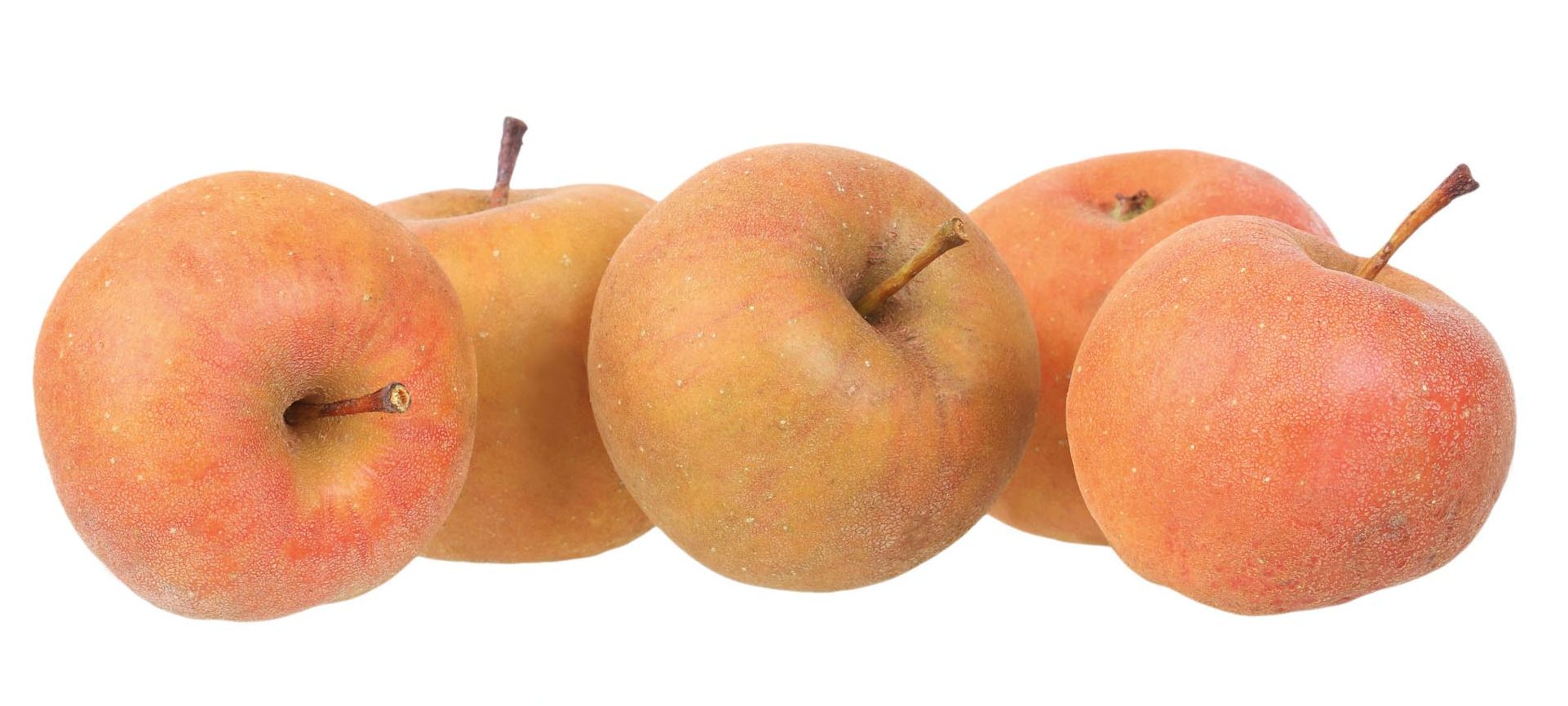
Hartlands Cider: No shaking or machinery
At the very opposite end of the scale to Dunkertons is the tiny, no-frills Hartlands Cider at Tirley. Following the hand-painted sign at a crossroads, I find Dereck Hartland in the farmyard, soaking a barrel in water. ‘It got dry in that heatwave,’ he explains. He ushers me into a small shed furnished with a bench, a counter and two barrels sitting on pins. ‘The sales department,’ he announces with a chuckle.
With his brother David, Mr Hartland makes cider from their orchard in the village: ‘We’ve got Dabinett — that’s the best apple — Yarlington Mill, Michelin and Bulmer’s Norman. We pick what’s on the floor, no shaking or machinery, we don’t rush things.’
Does he blend his ciders? ‘We do sweet and dry; medium is a mix of the two. I’m not the most scientific person in the world.’ His shoulders shake with laughter.
Customers come here with containers and fill up straight from the barrel. ‘It makes a bit of money and you meet some nice people,’ nods Mr Hartland. ‘We sit here and put the world to rights.’ Hartlands Cider, Tirley, Gloucestershire — www.facebook.com/ciderandperry
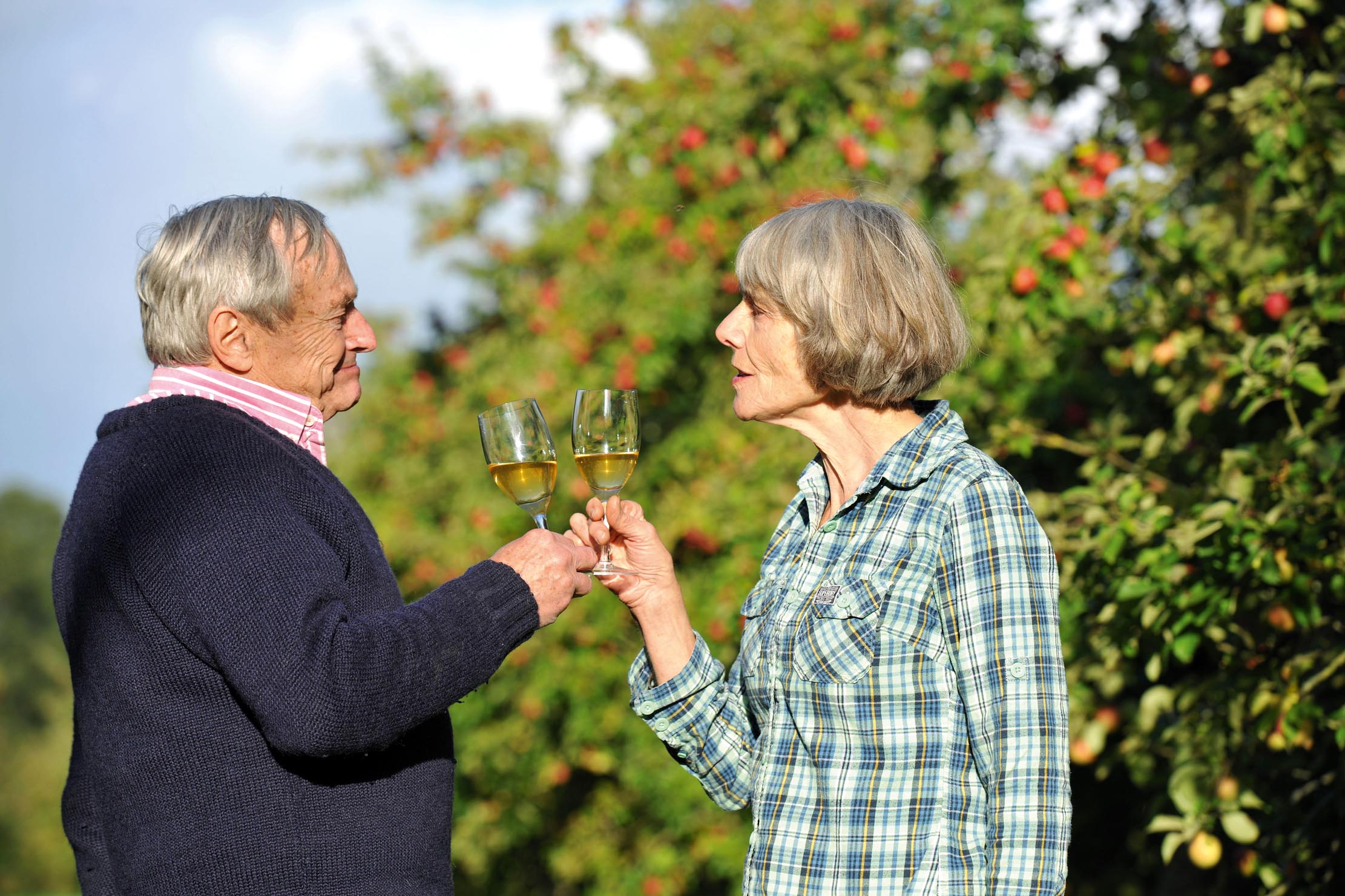
Minchew’s Real Cyder: A legendary brewer
According to several people, no story about cider-making in the Cotswolds would be complete without mentioning Kevin Minchew. The legendary brewer of cider and perry won pretty much every big award going throughout the 1990s. Then, he seemed to disappear, mourned by serious cider drinkers everywhere. It turns out he’d moved away and returned to work as an engineer.
‘I’m not fussed’, he says laconically, when I track him down by phone. ‘I’d won so many prizes.’ He did, however, go on making a bit to share with friends and, as he says, ‘to keep the cultural heritage alive’.
The good news is that Mr Minchew is back making ‘small volumes’ with his brother at the original family cidery. Minchew’s Real Cyder and Perry, Madresfield, Worcestershire — www.minchews.co.uk
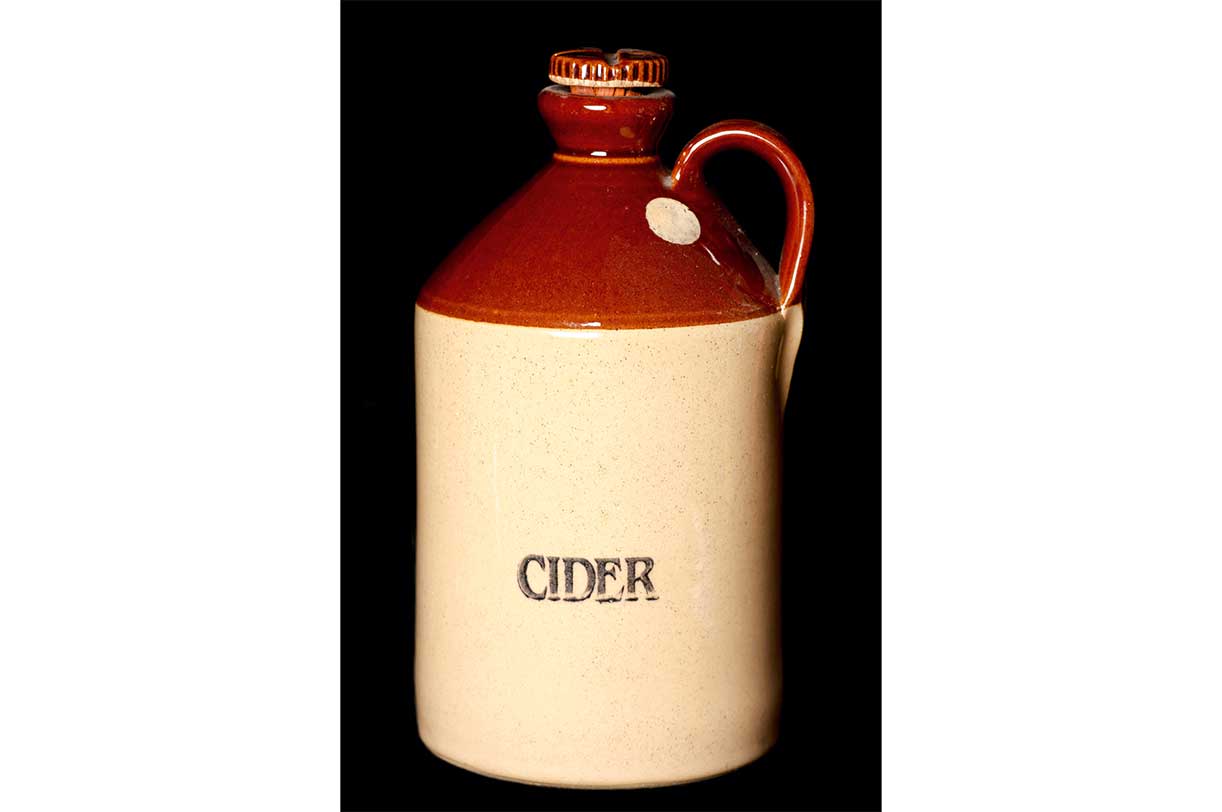
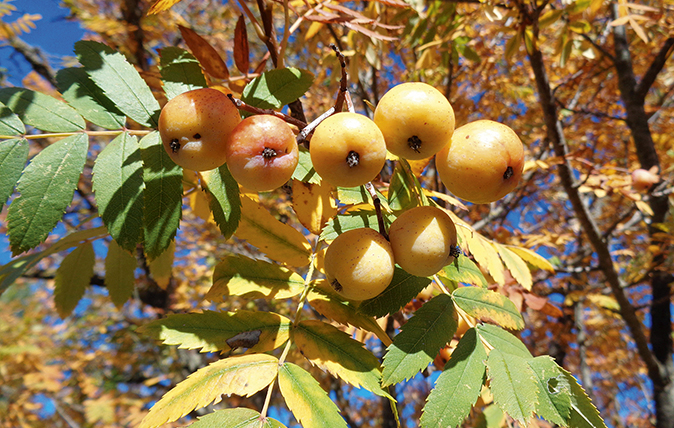
The autumnal fruit that makes a questionable home-made liqueur
Charles Quest-Ritson explores the sorb apple, an astringent fruit added to apples to make a particular variant of cider.
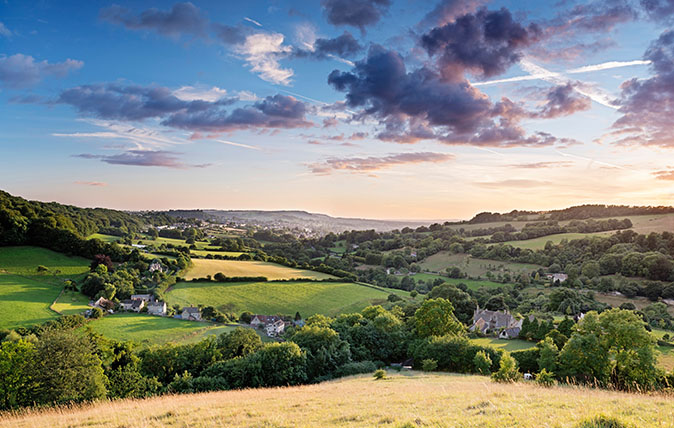
Cider with Rosie uncovered: A look into the idyllic scenes of Laurie Lee’s classic novel
Derek Turner takes a look at 'Down in the Valley', a slender, but well-conceived volume that revisits the scenes of

Love in the Countryside's rocky road to rural romance: Sheep-herding tests, awkward cider farm dates and being dumped by a Shetland pony
Forget Tinder, BBC Two's Love in the Countryside is the farmer's answer to cupid. Rachael Turner reports.
Country Life is unlike any other magazine: the only glossy weekly on the newsstand and the only magazine that has been guest-edited by HRH The King not once, but twice. It is a celebration of modern rural life and all its diverse joys and pleasures — that was first published in Queen Victoria's Diamond Jubilee year. Our eclectic mixture of witty and informative content — from the most up-to-date property news and commentary and a coveted glimpse inside some of the UK's best houses and gardens, to gardening, the arts and interior design, written by experts in their field — still cannot be found in print or online, anywhere else.
-
 The National Gallery rehang: 'It is a remarkable feat to hang more with the feeling of less', but the male gaze is still dominant
The National Gallery rehang: 'It is a remarkable feat to hang more with the feeling of less', but the male gaze is still dominantAlmost everything on display at the National Gallery has been moved — and paintings never previously seen brought out — in one of the the biggest curatorial changes in the Gallery's history.
-
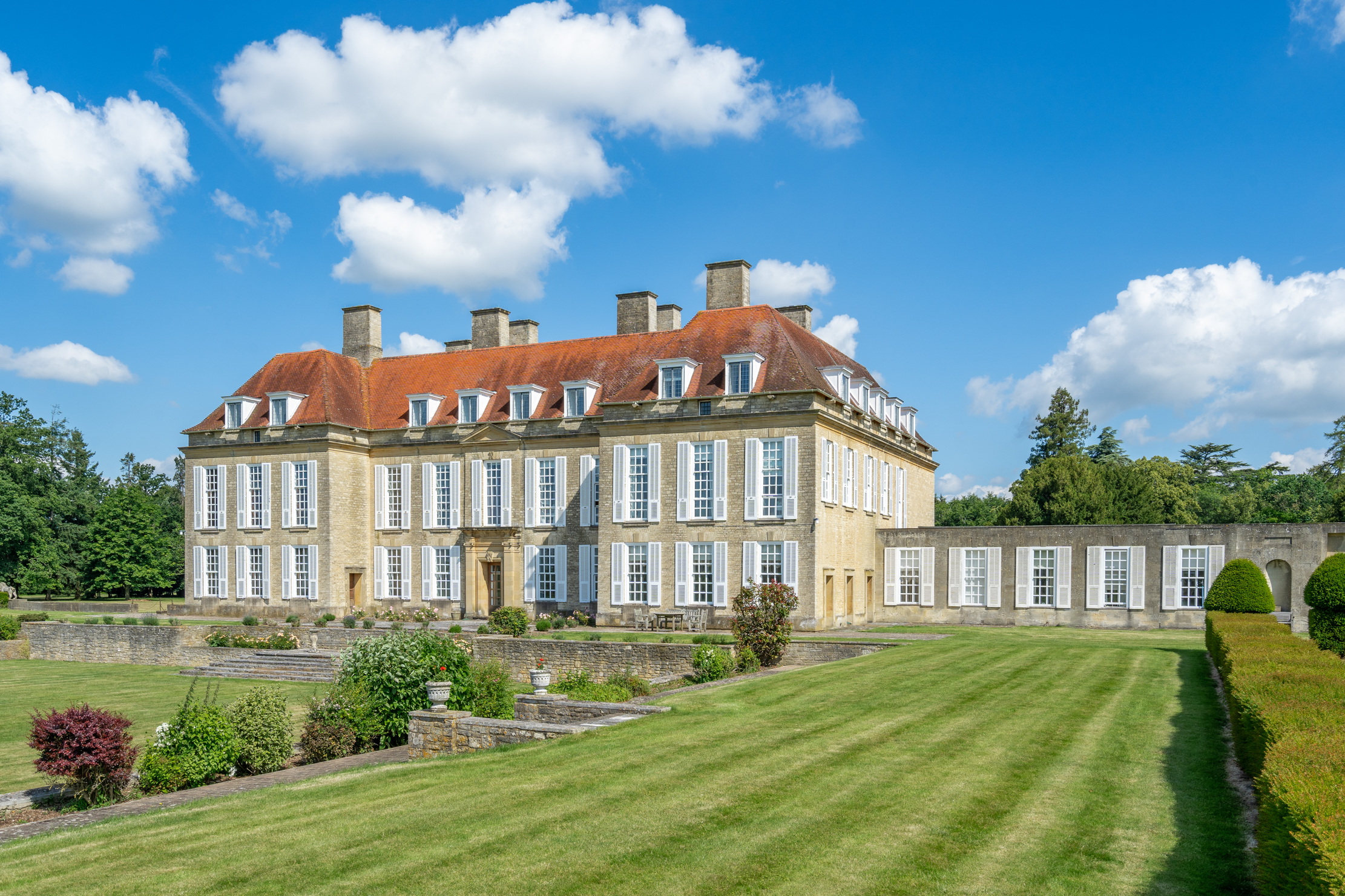 Lutyens's last masterpiece comes up for sale in Oxfordshire, with 27 bedrooms and a cricket pitch
Lutyens's last masterpiece comes up for sale in Oxfordshire, with 27 bedrooms and a cricket pitchMiddleton Park in Middleton Stoney is a vast country home that must surely be among the nation's best
-
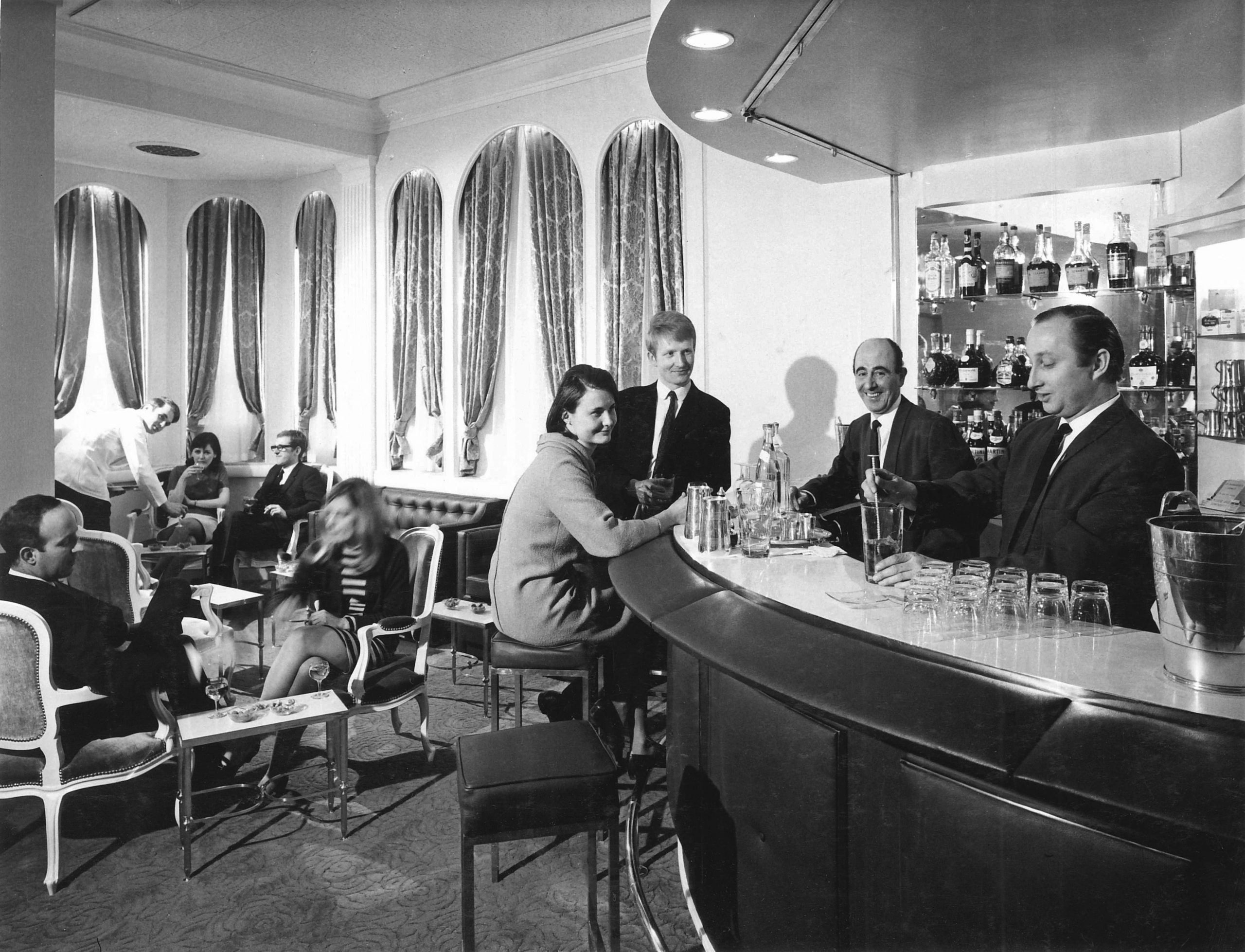 The iconic American bars in London perfect for lifting a Thanksgiving cocktail
The iconic American bars in London perfect for lifting a Thanksgiving cocktailGlamorous American bars were once a familiar sight in London, catering to US and British citizens alike, but only two of the historic ones remain. On the eve of Thanksgiving, Robert Crossan goes in search of both.
-
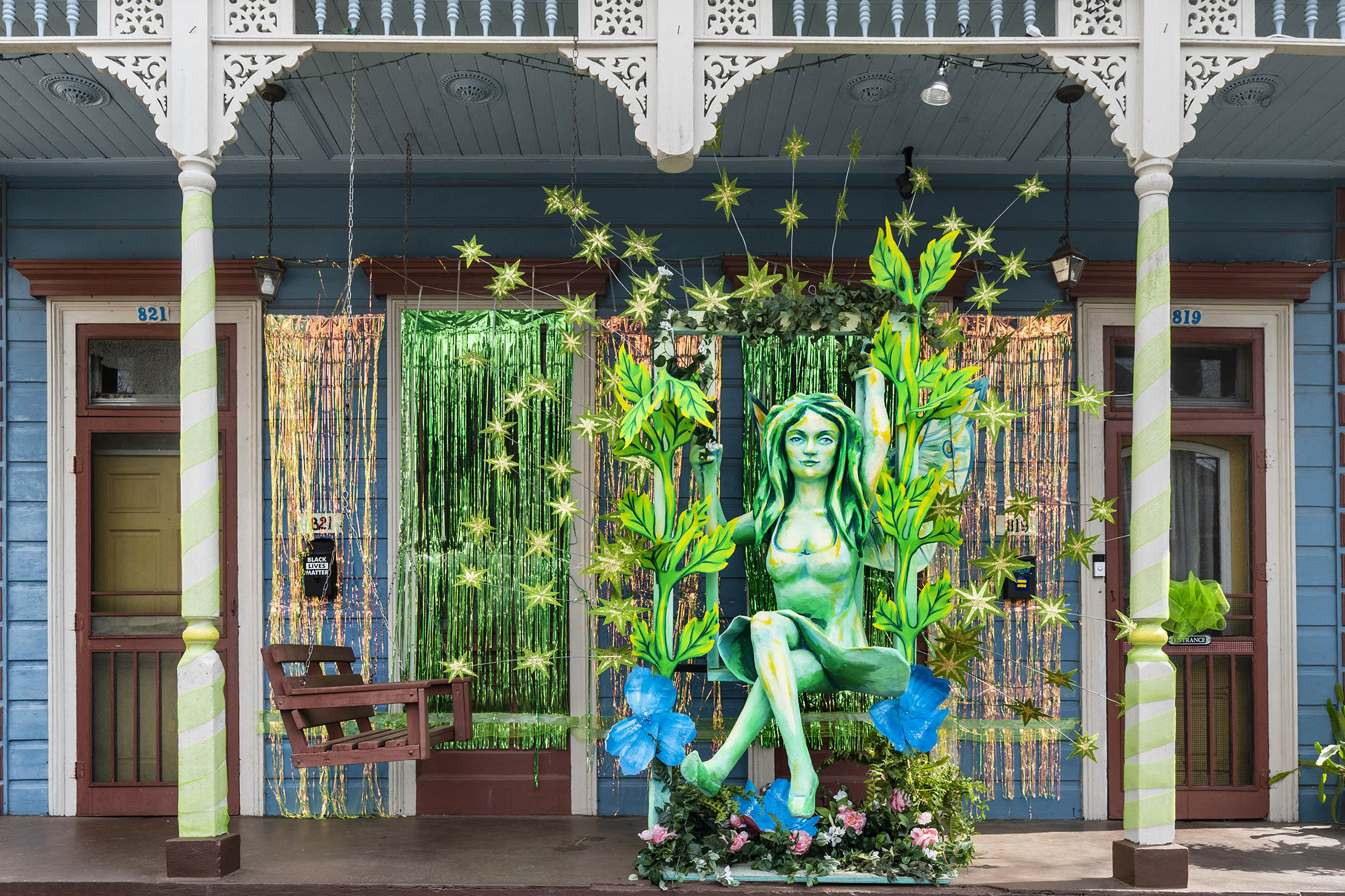 Curious Questions: Why was absinthe banned?
Curious Questions: Why was absinthe banned?Absinthe is almost unique among alcoholic spirits for having been outlawed in even some of the world's most liberal countries — but how did that happen? Martin Fone traces back the story to find the tales of debauchery, hallucination and even murder that once gave the drink its bad name — and looks at how it's returned to prominence.
-
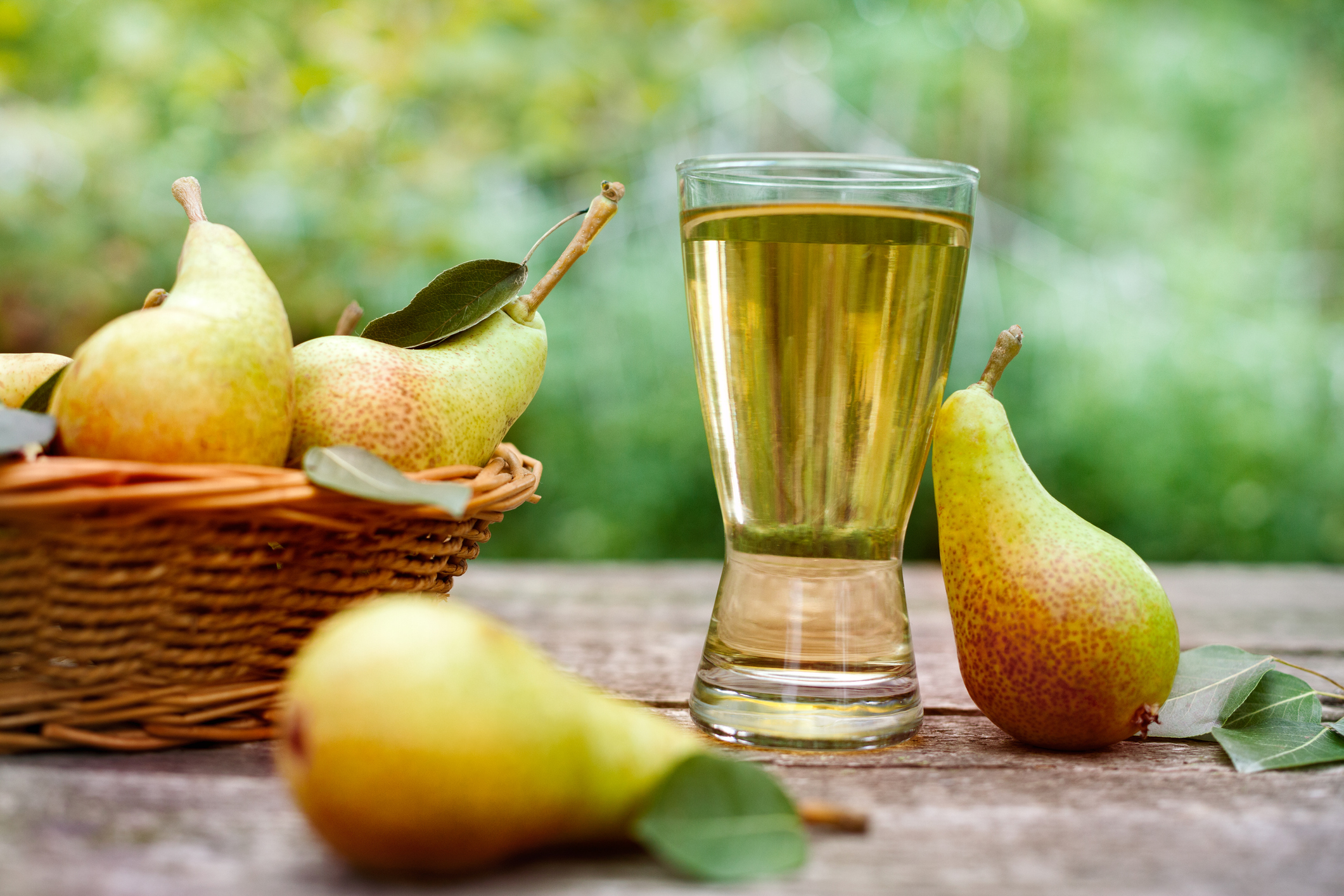 Perry: The pear cider dubbed 'the English champagne' that's been an English passion for centuries
Perry: The pear cider dubbed 'the English champagne' that's been an English passion for centuriesNot to be confused with cider, the art of perry-making is more than a craft — it’s an English passion. Ben Lerwill meets some of our best producers of fermented pear juice.
-
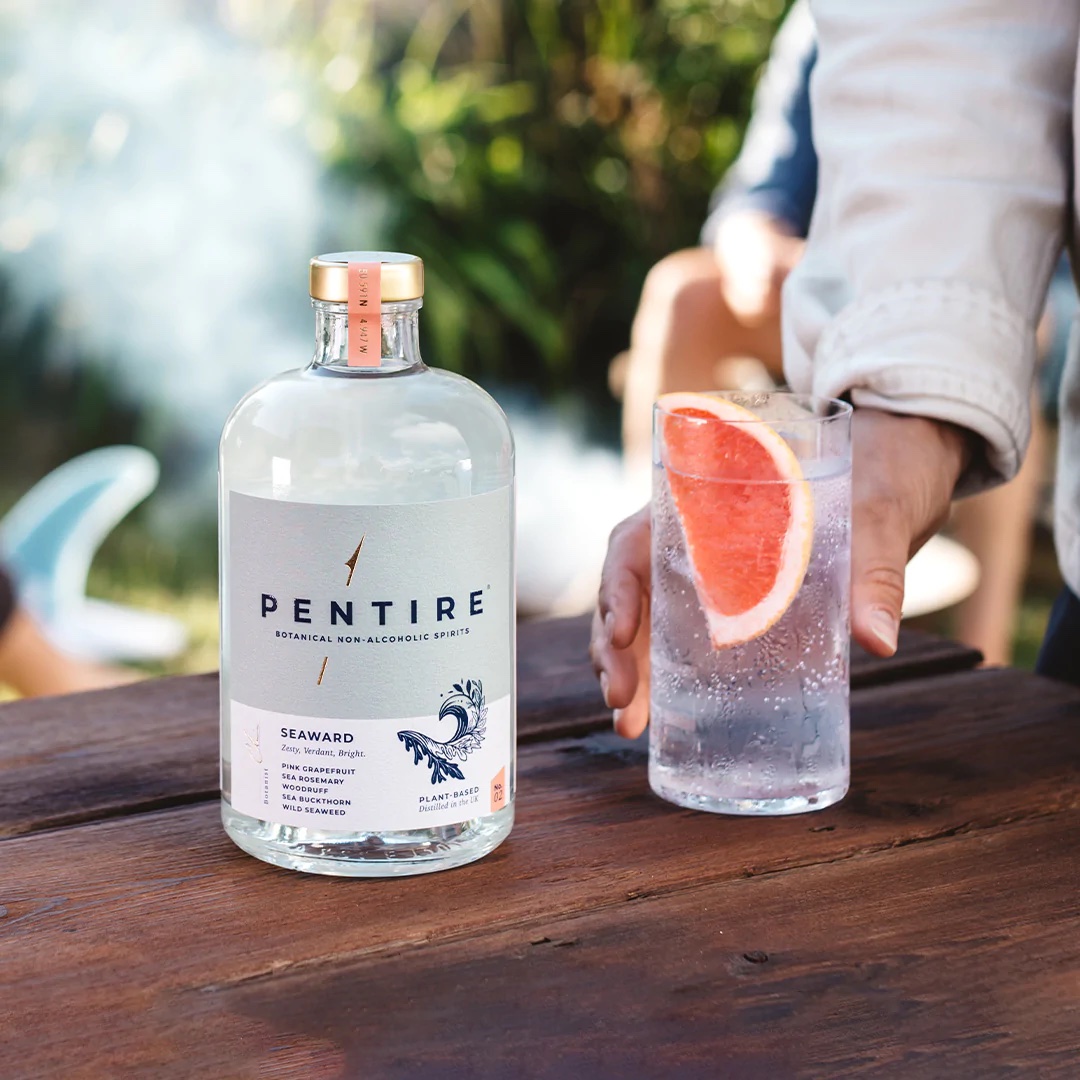 Seven of the best non-alcoholic spirits to help get you through Dry January
Seven of the best non-alcoholic spirits to help get you through Dry JanuaryWhether you’re doing it for health reasons or simply for a New Year’s challenge, giving up alcohol isn’t necessarily all that easy. To help you on your way, the Country Life office put a variety of non-alcoholic spirits to the test. Here’s what we found.
-
 Hangover cures from some of Britain's greatest writers
Hangover cures from some of Britain's greatest writersFrom Hemingway to Wodehouse, we reveal the hangover remedies of literary greats.
-
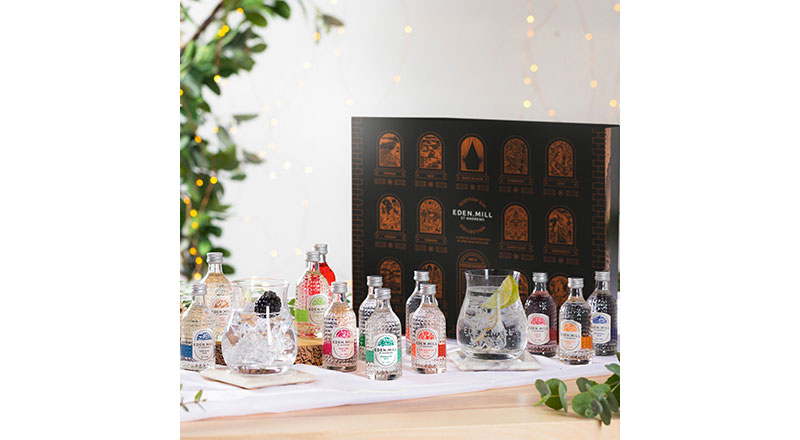 Christmas drinks gift guide: Best gin, best whisky, beer and more for the festive season
Christmas drinks gift guide: Best gin, best whisky, beer and more for the festive seasonWhether you're keen to pour your own draft beer, drink Cotswolds whisky or enjoy a raft of different gins, we've got you covered.
-
 How to decant wine — and why
How to decant wine — and whyIs your decanter gathering dust at the back of a cupboard? If so, says Harry Eyres, it’s high time you started using it to breathe more life into your wine.
-
 Curious Questions: What is it REALLY like giving up alcohol for a lifelong lover of fine wine?
Curious Questions: What is it REALLY like giving up alcohol for a lifelong lover of fine wine?Sobriety is easier and more interesting than it used to be, finds Giles Kime, who has spent the past year exploring the unanticipated delights of alcohol-free beer.